
Bread May Be Delicious, But These 5 Groups Should Limit It
Bread May Be Delicious, But These 5 Groups Should Limit It — No Matter How Much They Crave It
Bread is a beloved food for many, but it may not be suitable for certain individuals. For the following groups, eating too much bread could bring more harm than good.:strip_icc()/BHG-milk-bread-4CdeIL1uKGyB5ryU8J_EED-aaa76729c86a413ca7500029edba79f0.jpg)
1. People with Diabetes – Bread Causes Blood Sugar Spikes
Bread, especially white bread, is not ideal for diabetics as it has a high glycemic index (GI). When consumed, it causes a rapid spike in blood sugar due to its quickly absorbed starch content. This is particularly dangerous for people with diabetes or prediabetes, potentially leading to dizziness, fatigue, and long-term cardiovascular complications. Even though bread is tasty and convenient, diabetics should limit their intake, and if consumed, whole grain bread in small portions is a better option.
2. People Trying to Lose Weight – Bread Is a Hidden Calorie Trap
Bread is not suitable for those aiming to lose weight. A single loaf of white bread can contain 250–400 calories, depending on the filling. It can lead to rapid weight gain and, while it might make you feel full quickly, you may also become hungry again soon — prompting unnecessary snacking. For better results, swap bread for oatmeal, sweet potatoes, boiled eggs, or whole grain bread paired with protein and greens.
3. People with Heart Disease – Beware of Hidden Salt and Fats

Bread, especially processed or filled varieties like sandwiches with butter, sausage, cheese, or meat, may contain excessive salt, saturated fats, and trans fats. These can raise the risk of atherosclerosis and high blood pressure. People with a history of high cholesterol, hypertension, or heart attack should limit consumption or consult a doctor before including bread in their diet.
4. People with Constipation – White Bread Lacks Fiber
White bread is typically made from refined flour and is low in fiber, which is essential for healthy digestion. Eating too much of it can slow bowel movements, especially in people who don’t drink enough water or exercise regularly. If you're prone to constipation, reduce bread consumption and increase intake of leafy greens, fresh fruits, and whole grains. If you can’t resist bread, opt for whole grain versions and drink enough water to avoid a “dry gut and hard belly.”
5. People with Kidney Disease – Bread Can Be High in Sodium
Those with kidney disease or reduced kidney function must monitor sodium, potassium, and phosphorus intake. Unfortunately, many types of bread contain significant amounts of salt and preservatives, which overwork the kidneys and can lead to fluid retention, high blood pressure, and worsening kidney function. It’s best for kidney patients to focus on fresh, minimally processed foods and limit items like bread as much as possible.
News in the same category


Your Body Might Be Low on Zinc — Here Are 6 Signs to Watch For

Woman gets brain infection after eating refrigerated watermelon

Identifying the “Switch” That Reduces Can.cer Cell Survival by 53%

Just 3 Minutes in the Morning: This Simple Test Can Reveal Hidden He.art Disease
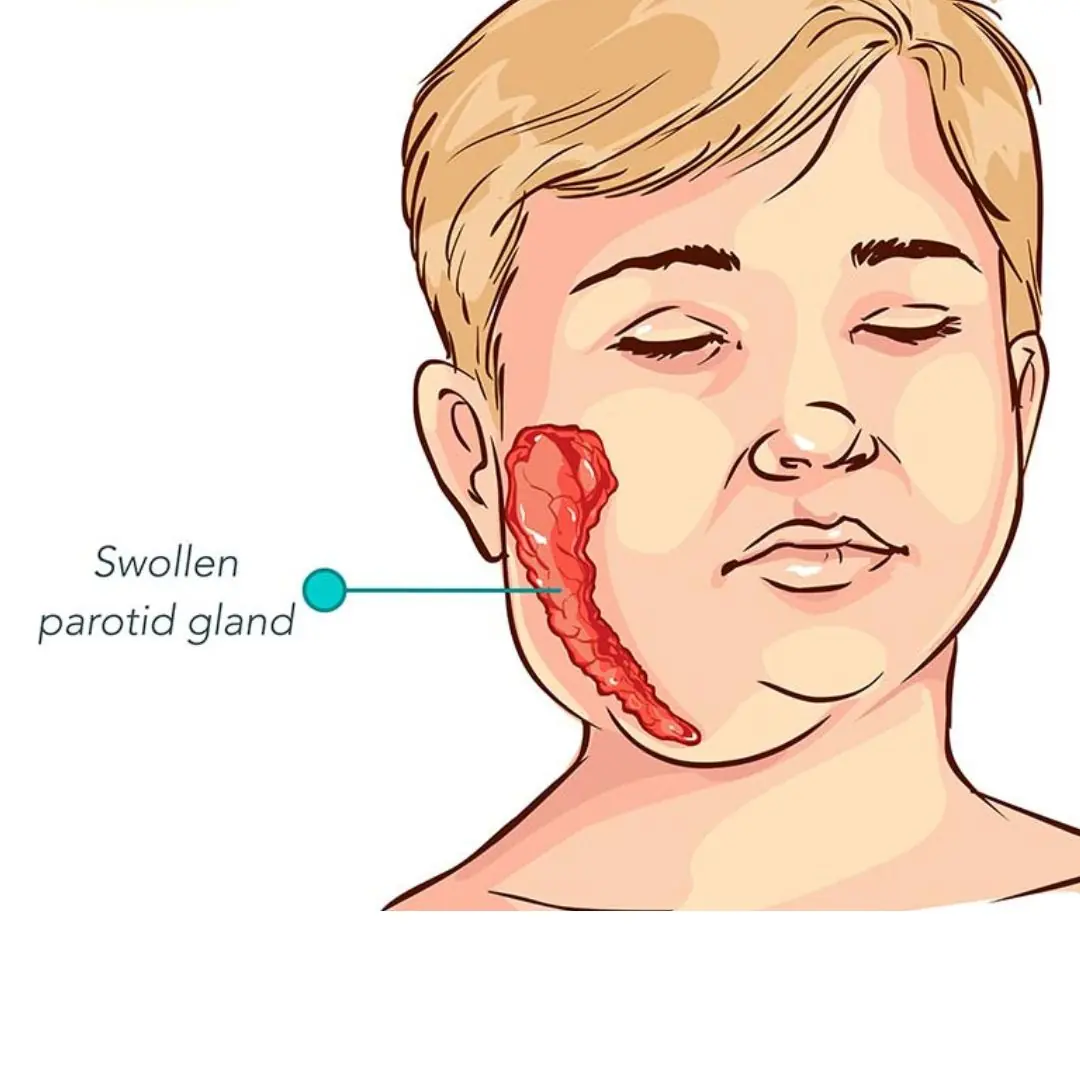
Does mumps in men affect reproductive health?
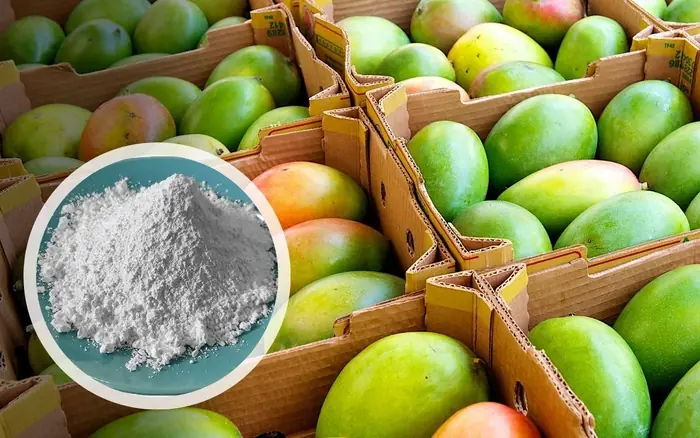
3 Types of Fruit Can.cer Cells “Love”
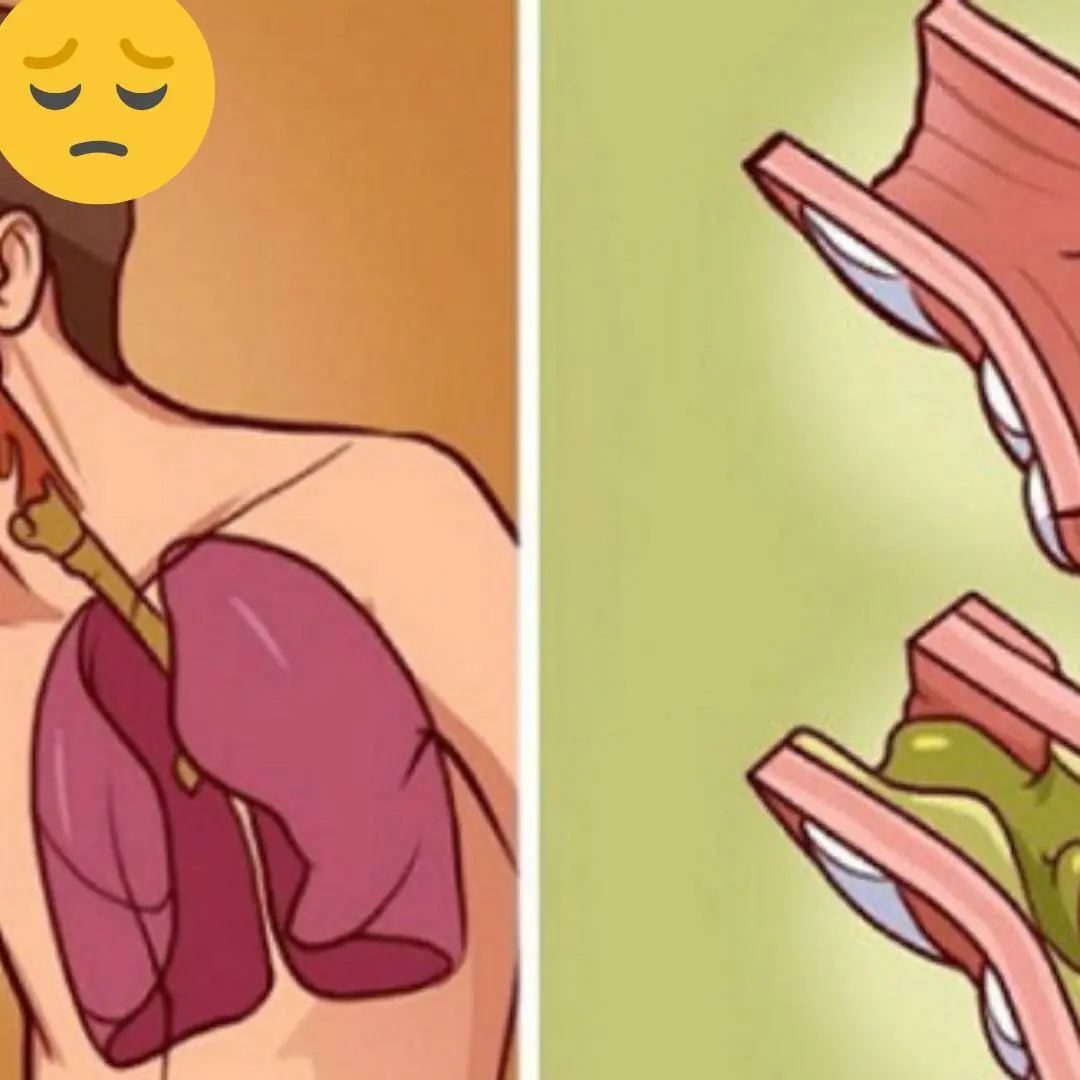
How to remove phlegm and mucus from chest and throat

Simple signs to immediately recognize leukemia that you may never notice
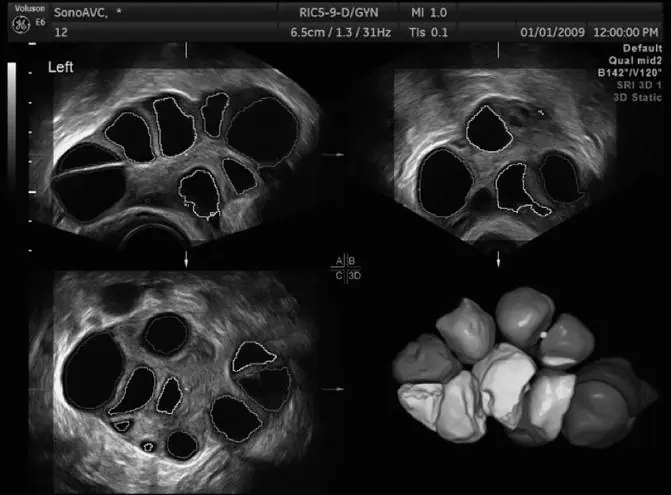
Two Kitchen Habits Behind Ova.rian Cysts — May Turn Can.cerous

3 Cooking Habits You Must Change Immediately

Why do hands and feet sweat in winter?
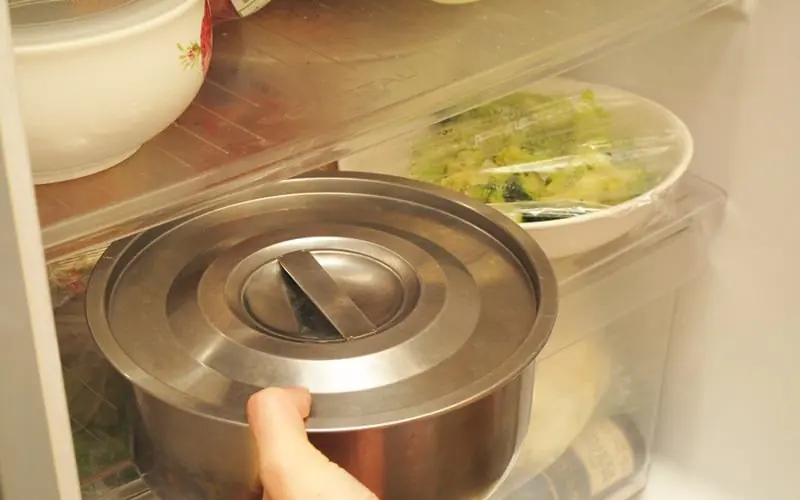
Both husband and wife were diagnosed with colon can:cer because of the same familiar habit!

Be Careful: 6 Common Foods Become To.xic When Reheated

These 3 types of fish should be eaten sparingly, they can increase the risk of can.cer, don't buy them just because they are cheap!

Want Radiant, Hydrated, and Glowing Skin This Summer? Eat These 5 "Magical" Fruits
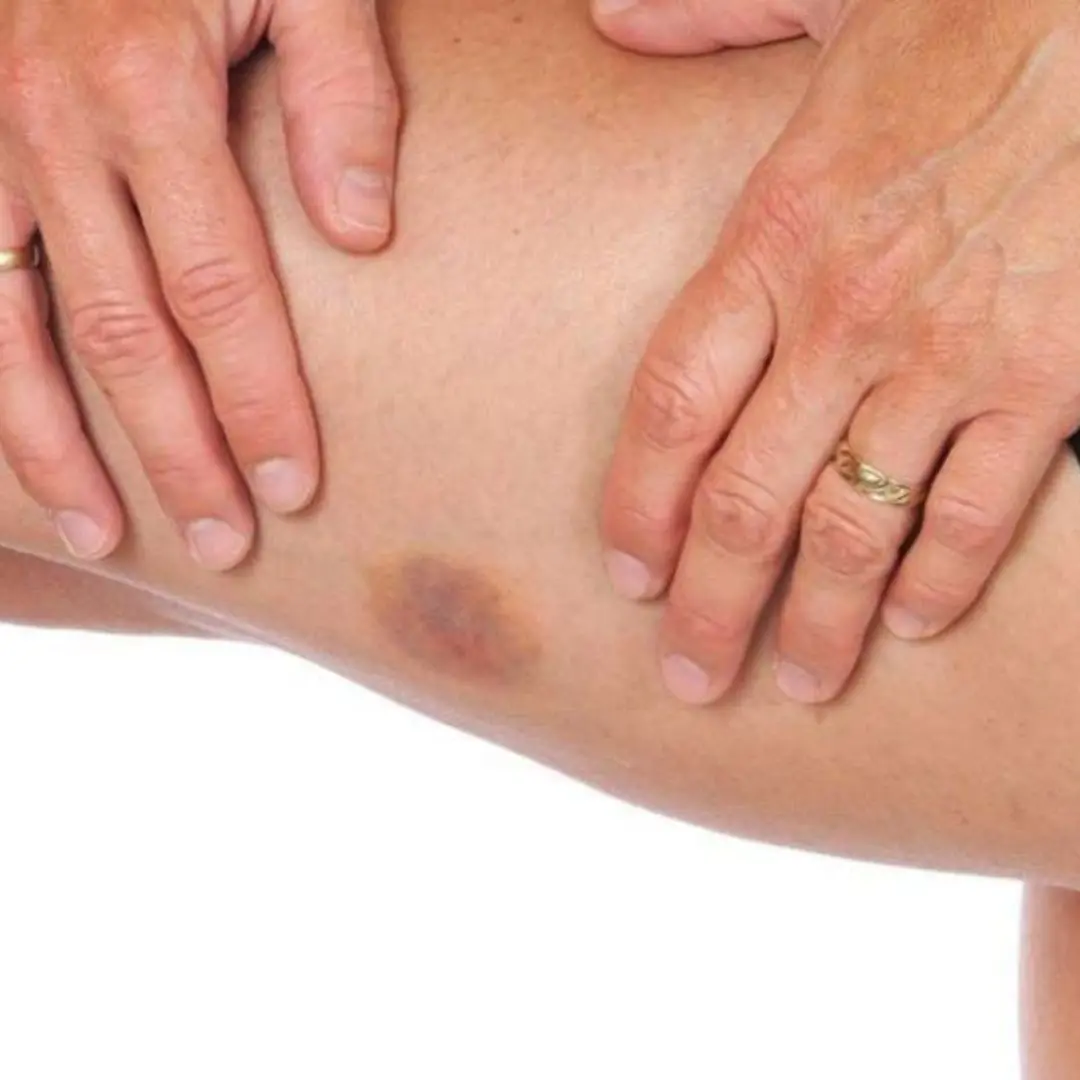
Unexplained Bruising on Your Body: Causes and Treatments
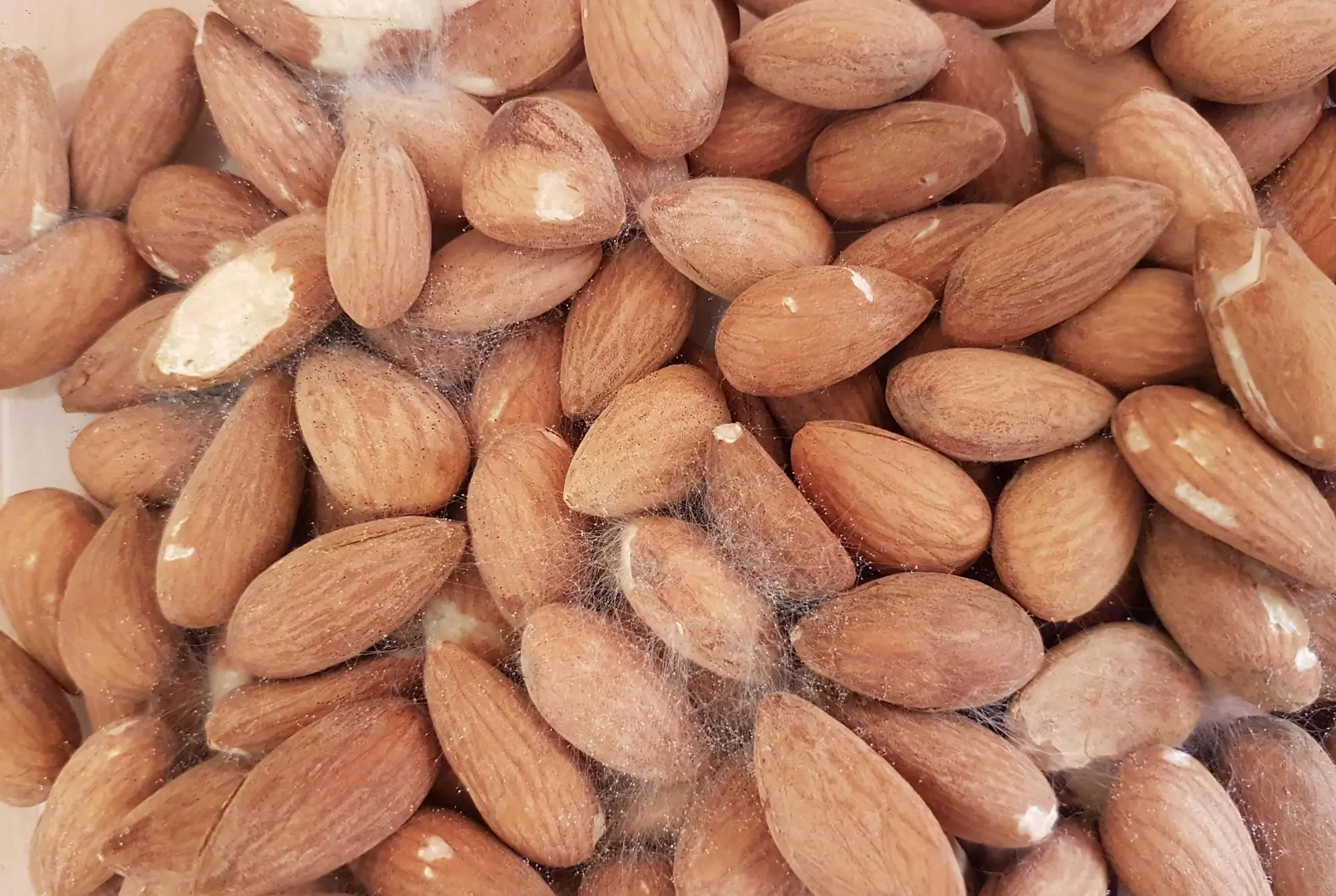
4 Types of Nuts You Should Never Eat If They've Been Sitting Around

4 signs on the body to detect high bl.o.o.d f.a.t
News Post

6 Bodily Changes That Are “SOS Signals” From Your Kid.neys Before Can.cer

Does Using Strong Fan Mode on the Air Conditioner Consume More Electricity?

Your Body Might Be Low on Zinc — Here Are 6 Signs to Watch For
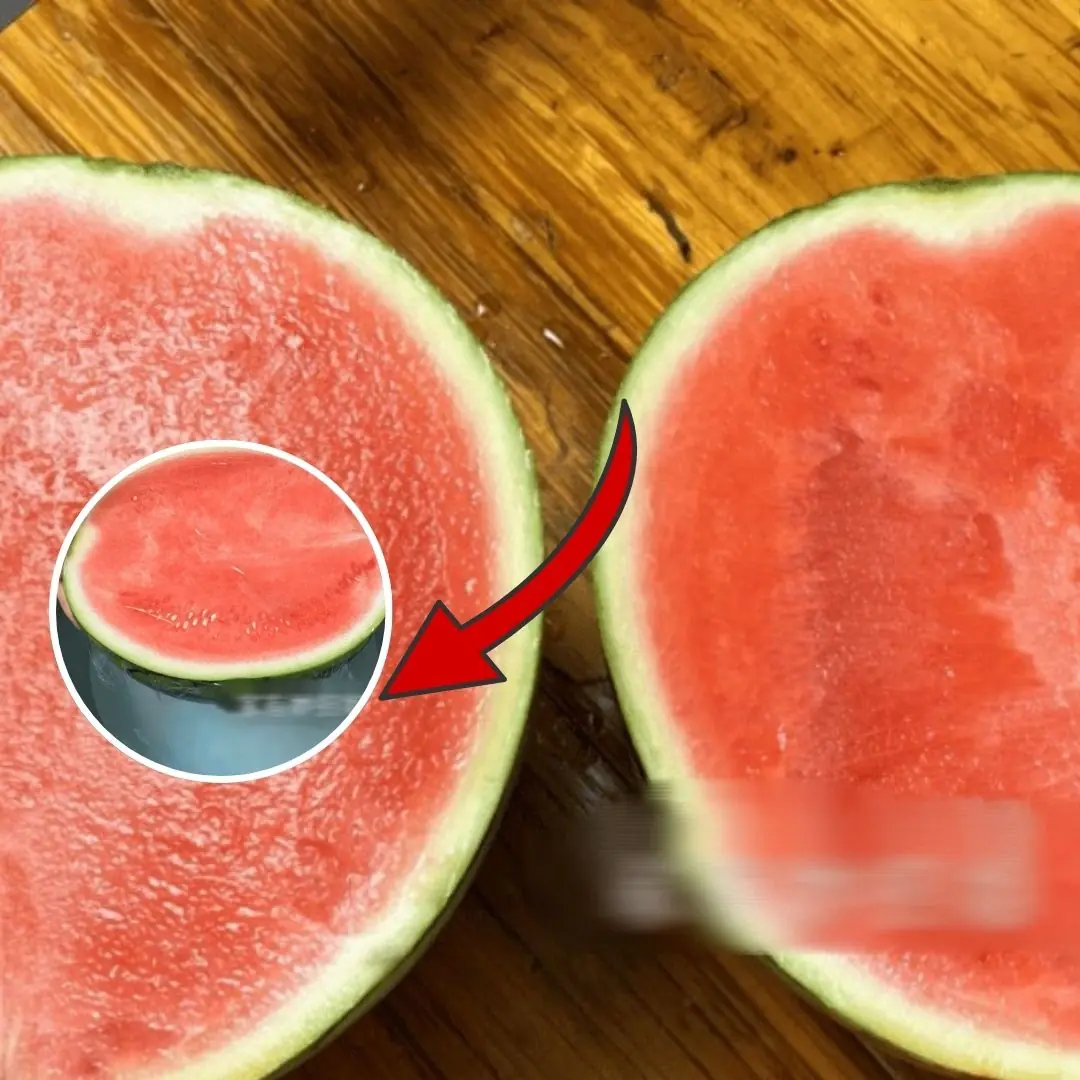
Leftover watermelon in the fridge is not necessarily safe – if not done properly, the risk of bacterial contamination is very high!

Woman gets brain infection after eating refrigerated watermelon

The Unpleasant Truth: 5 Familiar Items That You Think Are Clean But Are NOT, The Dirtiest Is Number 4 That Everyone Uses

The Surprising Benefits of Ginger Peel

Identifying the “Switch” That Reduces Can.cer Cell Survival by 53%

Just 3 Minutes in the Morning: This Simple Test Can Reveal Hidden He.art Disease

Does mumps in men affect reproductive health?

3 Types of Fruit Can.cer Cells “Love”

How to remove phlegm and mucus from chest and throat

Thy.roid Can.cer Is a Silent Threat: 6 Groups of People Are at Higher Risk and Must Be Cautious

Simple signs to immediately recognize leukemia that you may never notice

Warning: The Cup Many People Use to Drink Water Every Day Is No Different from “Drinking Poison”

Eat These 5 Foods to Cleanse and Detox Effectively Every Day
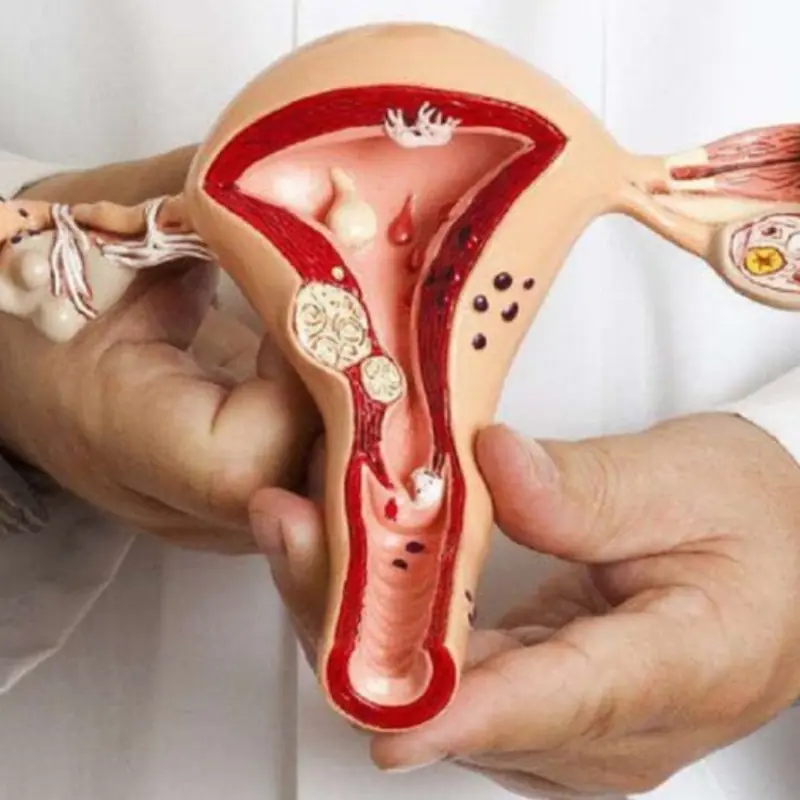
5 earliest signs of cer.vical can.cer: 90% of women tend to ignore them
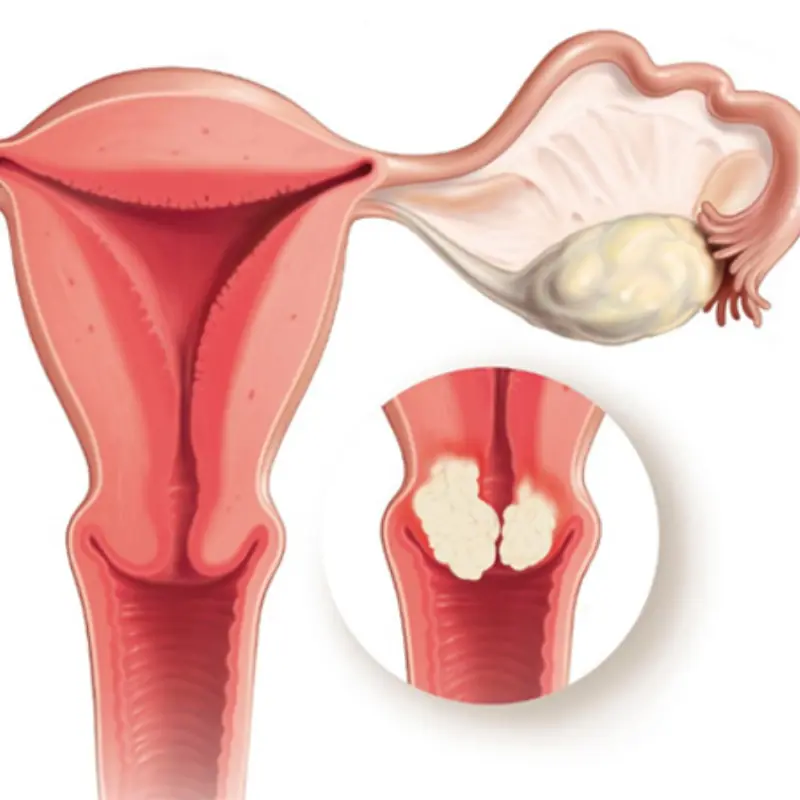
Women Who Frequently Eat These 5 Foods May Be Harming Their Uterus and Feeding Cancer Cells Without Knowing It
